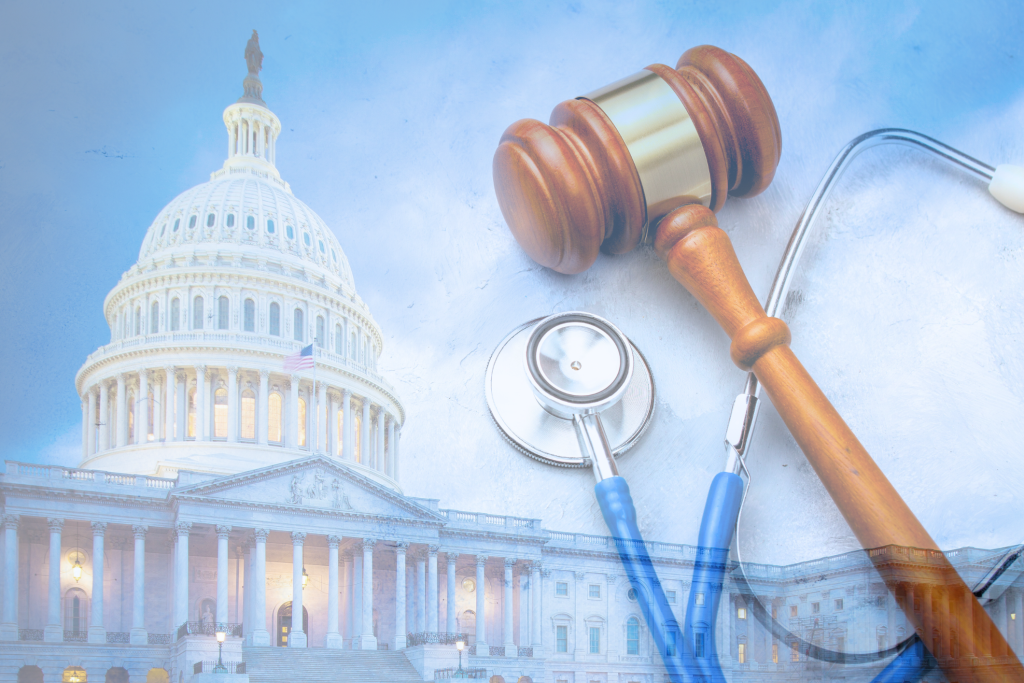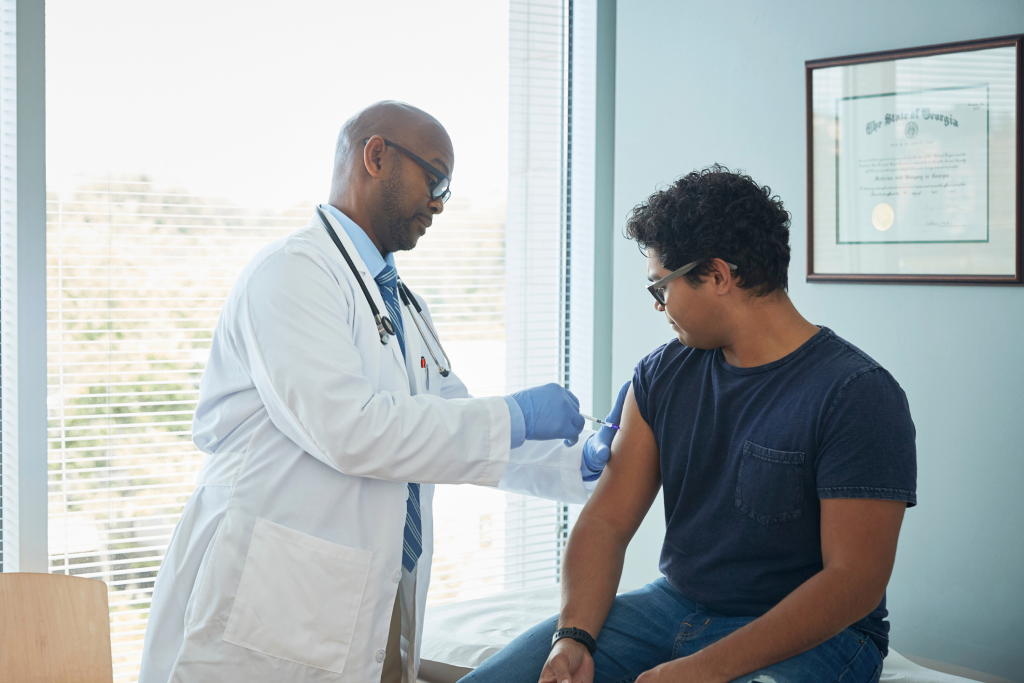Our Work
Publications
Use the filters below to view our work by our various research areas.
June 2025
Emergency departments (EDs) may be the primary, and sometimes only, connection to the healthcare system for people with opioid use disorder (OUD) or opioid overdose,[1] making them important sites in the continuum of care for OUD. Emergency departments can connect people with OUD to community-based care, particularly through the provision of medications for OUD, such […]
May 2025
In New Jersey, Supplemental Nutrition Assistance Program (SNAP) services are vital for supporting food security among low-income households. However, significant accessibility barriers prevent many users from benefiting fully from the available resources. The current NJ SNAP website is designed solely in English and directs non-English-speaking users to Google’s translation service. This approach falls short in […]
May 2025
COVID-19 brought to light the disparities among the nursing workforce that have been simmering in our health care system and highlighted the need for nurses to access emotional well-being programs with the intention of reducing emotional distress and burnout. In recognition of National Nurses Week, researchers have published a new report examining the findings from […]
May 2025
As we have discussed throughout our previous blog posts, health insurance literacy—the ability to seek, obtain, understand, and effectively use health insurance information—is crucial for improving health outcomes and reducing unnecessary healthcare costs. Additionally, for any legislative solution to bring about true change, it is imperative that we also improve the communities’ understanding of this […]
April 2025
Cannabis • Digital/Tech • Economics • Education • Environment • Health • Housing • Public Administration • R/ECON™ • Transportation • Women, Children, & Families
As the New Jersey State Policy Lab (NJSPL) reaches its fourth anniversary, it is my honor to serve as the Executive Director, working with an incredible team of dedicated professionals to better understand and investigate policy issues impacting the state. The NJSPL was created as the result of a grant from the Office of the Secretary […]
April 2025
Perinatal depression is a significant public health issue in New Jersey and in the United States, with wide disparities by race and socioeconomic status. Evidence shows that perinatal depression adversely affects a range of children’s health and developmental outcomes and is correlated with negative health outcomes for mothers, yet little is known about potential policy […]
March 2025
In the wake of the COVID-19 pandemic, people turned to search engines like Google for information. A recent study, “Language disparities in pandemic information: Autocomplete analysis of COVID-19 searches in New York” by Singh et al., highlights how these autocompletes can shape public perception and amplify health disparities. This is crucial for informing the IMPACT-NJ […]
March 2025
For any community initiative or legislative effort to be successful, it is tantamount to solicit input from the those living within the area. Focus groups and community engagement are powerful tools that can help shape the development of potential initiatives. By bringing together a diverse group of individuals, professionals, and community stakeholders with varied perspectives […]
February 2025
Taylor Hughes is a graduate student pursuing a Master of Public Policy degree at the Edward J. Bloustein School of Planning and Public Policy. She serves as a research assistant with the New Jersey State Policy Lab. The United States continues to experience a drug overdose crisis, but evidence suggests a change is happening. […]
February 2025
When people think of scientists, engineers, or healthcare professionals, they likely imagine them working in labs, hospitals, or industrial buildings. Some, however, are also policymakers at all levels of government, shaping and enacting consequential policies that impact crucial sectors of our society including technology, health, finance, energy and more. As many legislative decisions are complex […]
January 2025
In partnership with the New Jersey State Policy Lab and the New Jersey Reentry Corporation, the Rutgers School of Public Affairs and Administration launched an innovative initiative to transform mental health and addiction treatment services for people involved in the justice system in New Jersey. Using the Appreciative Inquiry methodology and the SOAR framework (Strengths, […]
January 2025
In today’s digital world, large language models like ChatGPT are important sources of healthcare information, particularly for those who face barriers like insurance issues or language constraints. As part of the IMPACT-NJ project, we are working to make sure that chatbot technologies are accessible to everyone in New Jersey and beyond. We recently published a […]












